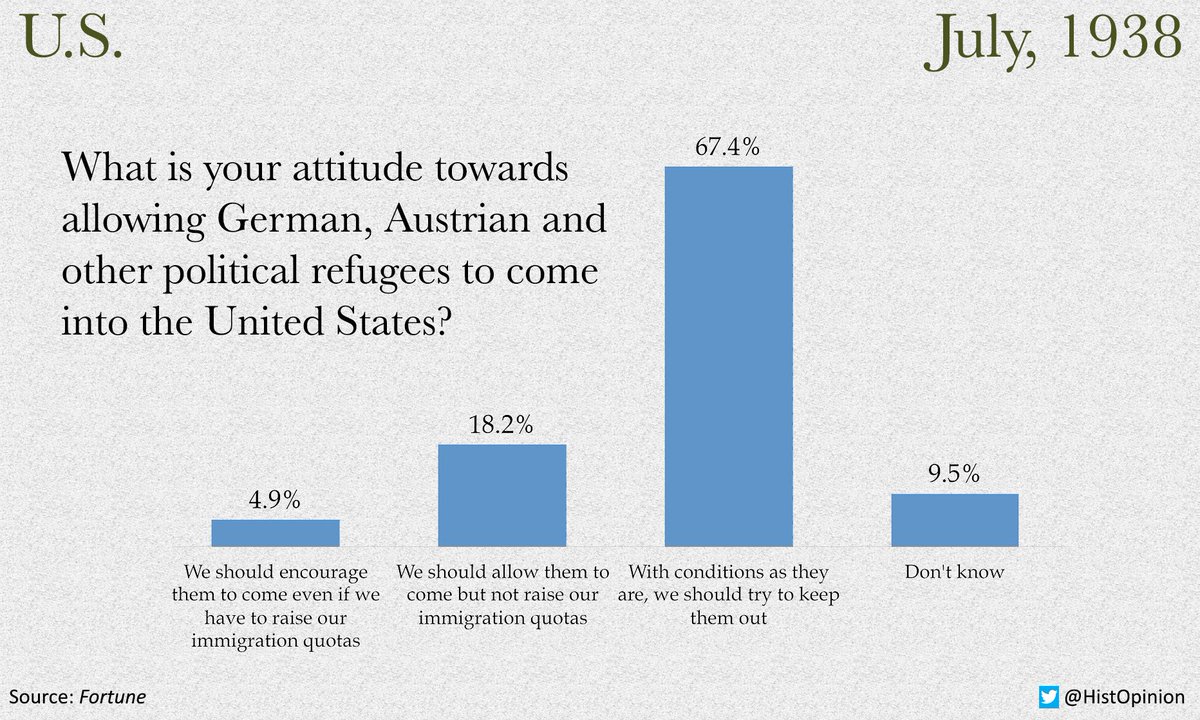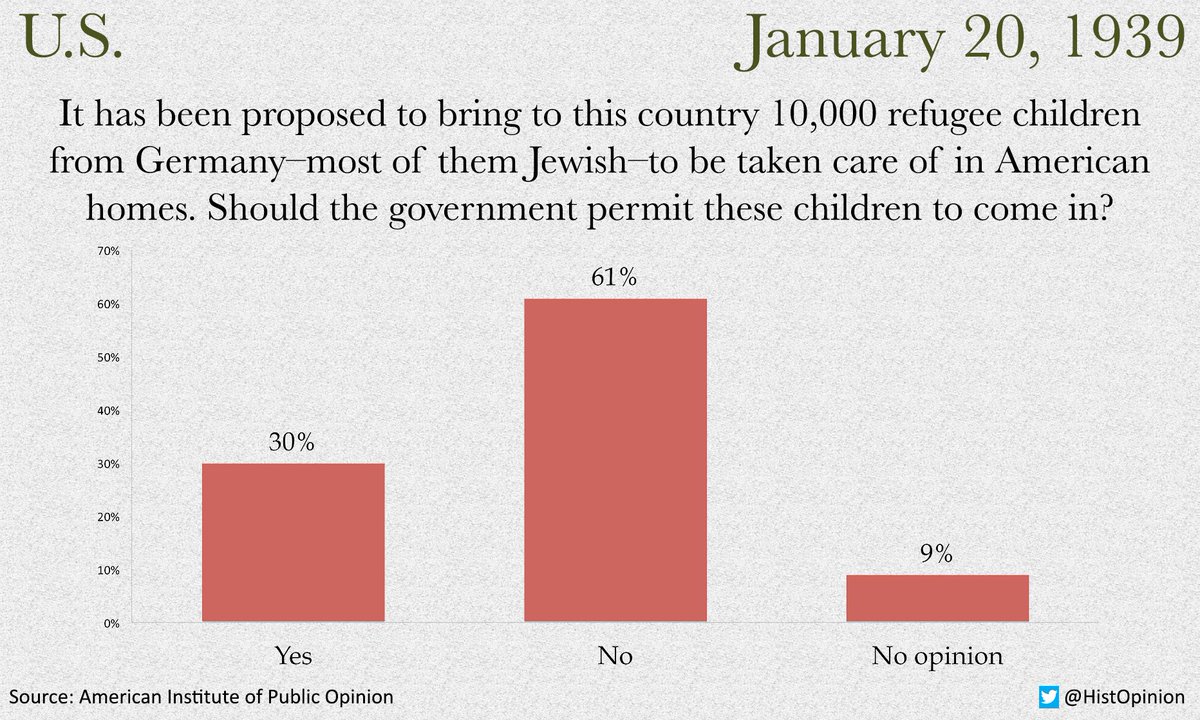

published in the Washington Post, 2015
Author: admin
Chinese Officials Vow To Fix Nation’s Crumbling Reeducation System
BEIJING—Acknowledging that its current programs are insufficient to meet the needs of a fast-paced, 21st-century population, the Chinese Ministry of Justice held a press conference Friday affirming its commitment to fixing the nation’s crumbling reeducation system.
According to government officials, the steady decline in the quality of reeducation is evidenced by the system’s serious overcrowding, dilapidated correctional facilities, and outdated propaganda materials, which have left a large percentage of China’s political prisoners unprepared for life as obedient citizens.
read on from The Onion 😉
FDR's Second Bill of Rights
During President Roosevelt’s January 11, 1944 message to the Congress of the United States on the State of the Union, he said the following:
It is our duty now to begin to lay the plans and determine the strategy for the winning of a lasting peace and the establishment of an American standard of living higher than ever before known. We cannot be content, no matter how high that general standard of living may be, if some fraction of our people—whether it be one-third or one-fifth or one-tenth—is ill-fed, ill-clothed, ill-housed, and insecure.
This Republic had its beginning, and grew to its present strength, under the protection of certain inalienable political rights—among them the right of free speech, free press, free worship, trial by jury, freedom from unreasonable searches and seizures. They were our rights to life and liberty.
As our nation has grown in size and stature, however—as our industrial economy expanded—these political rights proved inadequate to assure us equality in the pursuit of happiness.
We have come to a clear realization of the fact that true individual freedom cannot exist without economic security and independence. “Necessitous men are not free men.”[3] People who are hungry and out of a job are the stuff of which dictatorships are made.
In our day these economic truths have become accepted as self-evident. We have accepted, so to speak, a second Bill of Rights under which a new basis of security and prosperity can be established for all—regardless of station, race, or creed.
Among these are:
- The right to a useful and remunerative job in the industries or shops or farms or mines of the nation;
- The right to earn enough to provide adequate food and clothing and recreation;
- The right of every farmer to raise and sell his products at a return which will give him and his family a decent living;
- The right of every businessman, large and small, to trade in an atmosphere of freedom from unfair competition and domination by monopolies at home or abroad;
- The right of every family to a decent home;
- The right to adequate medical care and the opportunity to achieve and enjoy good health;
- The right to adequate protection from the economic fears of old age, sickness, accident, and unemployment;
- The right to a good education.
All of these rights spell security. And after this war is won we must be prepared to move forward, in the implementation of these rights, to new goals of human happiness and well-being.
America’s own rightful place in the world depends in large part upon how fully these and similar rights have been carried into practice for all our citizens. For unless there is security here at home there cannot be lasting peace in the world.
Finally it seems as if Ken Saro-Wiwa, my father, may not have died in vain
Nigeria’s Ogoniland still looks as devastated by oil pollution as when the junta executed my father 20 years ago. But the carbon economy seems to be reaching a tipping point at last
I’ve seen Nigeria’s old power at work. I know change is coming
Ken Saro-Wiwa joined the government to fight for reform. Now, as he leaves, he reflects on how young Nigerians are transforming the nation
“Nigeria’s constitution is configured to give the president more powers than any equivalent political office. Despite attempts to strike a balance between the legislature, judiciary and executive, the office of the president is primus inter pares. Part monarchy, part deity, head of state, commander-in-chief of the armed forces, dictator, godfather, Big Man – Nigeria’s chief executive can be anything he cares to be if he exercises the considerable powers vested in his office.”
“Like much of Africa, Nigeria has a particularly pronounced youth bulge – 70% of the 180 million people are under 30 and no African government will survive unless it learns to engage with the changing values, needs and expectations of this demographic. Armed with new technologies and connected to communities and networks far beyond their local constituencies, Africa’s youth are finding new, exciting avenues for self-expression through music, fashion, film, television and even gaming culture.”
Nixon on who's really responsible for the marijuana epidemic
Oh my.
The Nixon Tapes- Jew Spies vs. Negro Spies
https://www.youtube.com/watch?v=JTPyE6f7GnQ
How David Bowie became the loathed adversary of a Soviet-era youth movement
Among a certain set of Soviet citizens, Bowie became notorious as the immaculately fashionable foe of the artists collective and aspiring youth-movement masterminds known as Mitki…
Given the humble boiler room beginnings of the Mitki movement, it’s not surprising that overarching rejection of Western glamor is a central tenet of the group’s idiosyncratic philosophy. Exactly how Bowie was chosen as the principal representative of this glamor is a more complicated question
Election, Monitored The tragic farce of voting in Iran
Laura Secor is an independent journalist who has spent nearly a decade researching and writing about Iran. Her work has appeared in the New Yorker, New York Times Magazine, Atlantic Monthly, New Republic, and other publications. She studied philosophy at Brown University, and has been a fellow at the Dorothy and Lewis B. Cullman Center for Scholars and Writers at the New York Public Library; a staff editor of the New York Times op-ed page; a reporter for the Boston Globe; acting executive editor of the American Prospect; and a senior editor and writer for Lingua Franca.
Secor is currently a Ferris Professor of Journalism in the Council of the Humanities at Princeton.
This contribution, Election, Monitored The tragic farce of voting in Iran, to the New Yorker offers sharp insights into Iranian politics and political culture; it also demonstrates courageous journalism. Here are your reading responses.
Putin's "Nashi" Youth Organization
Grade 9 Enlightenment Lectures
I’ve combined all your Power Point lectures. You may view them here.
So much worse than Auschwitz
The word “Auschwitz” has become a metonym for the Holocaust as a whole. Yet the vast majority of Jews had already been murdered, further east, by the time that Auschwitz became a major killing facility. Yet while Auschwitz has been remembered, most of the Holocaust has been largely forgotten.
Nuremberg Trial Bore Witness to the Nazis’ Worst Crimes
Rebecca West, the acclaimed British writer, covered Nuremberg for the New Yorker. In August 1946, as the case entered its 10th month, she wrote, “[T]he courtroom is a citadel of boredom. Every person attending it is in the grip of extreme tedium.” How could a trial for some of the most ghastly and massive crimes ever committed—crimes that continue to horrify and fascinate us—be dull? The answer lies in a most deliberate prosecutorial strategy, one to which we all owe a debt of gratitude today.
18 Rules Of Behavior For Young Ladies In 1831
“Rules of behavior for Young Ladies, partly extracted from this work and the most celebrated books on Ladies education.”
- Avoid every thing masculine.
- Be not too often seen in public.
- Consult only your own relations.
- Don’t even hear a double entendre.
- Endeavor to write and speak grammatically.
- Fondness for finery shows as bad a taste, as neatness and simplicity imply a good one.
- Form no friendship with men.
- Give your hand, when necessary, modestly.
- If you talk in society, talk only about those things which you understand.
- Know that a man of good sense will never marry but the pious, industrious and frugal.
- Let not love begin on your part.
- Make no great intimacies with any body.
- Never be afraid of blushing.
- Pride yourself in modesty.
- Read no novels, but let your study be History, Geography, Biography and other instructive books.
- Sympathise with the unfortunate
- Trust no female acquaintance, i.e. make no confidant of any one.
Boko Haram Ranked Ahead of ISIS for Deadliest Terror Group
Boko Haram, the militant group that has tortured Nigeria and its neighbors for years, was responsible for 6,664 deaths last year, more than any other terrorist group in the world, including the Islamic State, which killed 6,073 people in 2014, according to a report released Wednesday tracking terrorist attacks globally.
….Mr. Buhari, who took office in May, ran on a platform of eliminating Boko Haram, which he has pledged to do by the end of December, as well as cutting back on corruption that has dogged the nation.
This week, Mr. Buhari accused the previous administration’s national security adviser, Sambo Dasuki, of pocketing more than $2 billion that had been allocated for warplanes, helicopters and other military gear to fight Boko Haram. Mr. Dasuki has denied the allegations.
Source: New York Times
Lecture – The “One China” Myth: Xinjiang, Tibet, and Hong Kong
This lecture explores how China has long struggled for internal sovereignty, but as the world cautiously watches the rise of China, the CCP faces its complexities and contradictions on the global stage. Often oblivious and usually insensitive to the hopes and needs of ethnic minorities, the PRC claims they are zhong guo ren, Chinese People with Universal Values. What casual observers perceive to be “One China” is indeed a fragmented society bound by the crushing chains of the CCP.
This lecture is also available on my AP GoGoPo podcast.
Iranians Reclaim Public Spaces and Liberties
“Few would say it out loud, but we had almost become a police state,” Hamid Reza Jalaeipour, a sociologist at Tehran University, said about the years after 2009, when the morality police were a fixture in every main square, hauling those deemed to be “badly veiled” off in vans. For many, the atmosphere became so suffocating that they started leaving for other countries.
Mr. Jalaeipour said small changes began after Mr. Rouhani unseated Mahmoud Ahmadinejad in 2013, promising a nuclear agreement and an expansion of personal freedoms, but have increased noticeably of late. “Especially after the elections and now the nuclear deal,” he said, “the self-confidence of ordinary people is increasing and that can be seen everywhere.”
Lecture: The Enlightenment: Constructing a New Paradigm of Man and Society
My lecture outline:
- Operational Definition
- The Road to Enlightenment
- The State of Nature
- Enlightened Governance
- Enlightened Economics
- Enlightened Education
- Enlightenment vs. Religion
- Challenges to Enlightenment
Here is the Power Point
Election 2015 – Why The Conservatives Won
“Death to America,” Explained (by Ayatollah Ali Khamenei)
In an explanation unlikely to assuage the concerns of many Americans, Iran’s Ayatollah Ali Khamenei clarified the meaning of the popular slogan “death to America” on Tuesday. “The aim of the slogan means death to U.S. policies and arrogance,” the supreme leader told a group of students of the phrase, widely chanted at rallies and at mosques after Friday prayers.
Some Iranian moderates have argued in the past that the slogan, which dates back to the revolution of 1979, is no longer useful, and most official documents translate the phrase, mar bar Amrika, as the somewhat more polite “down with America.”